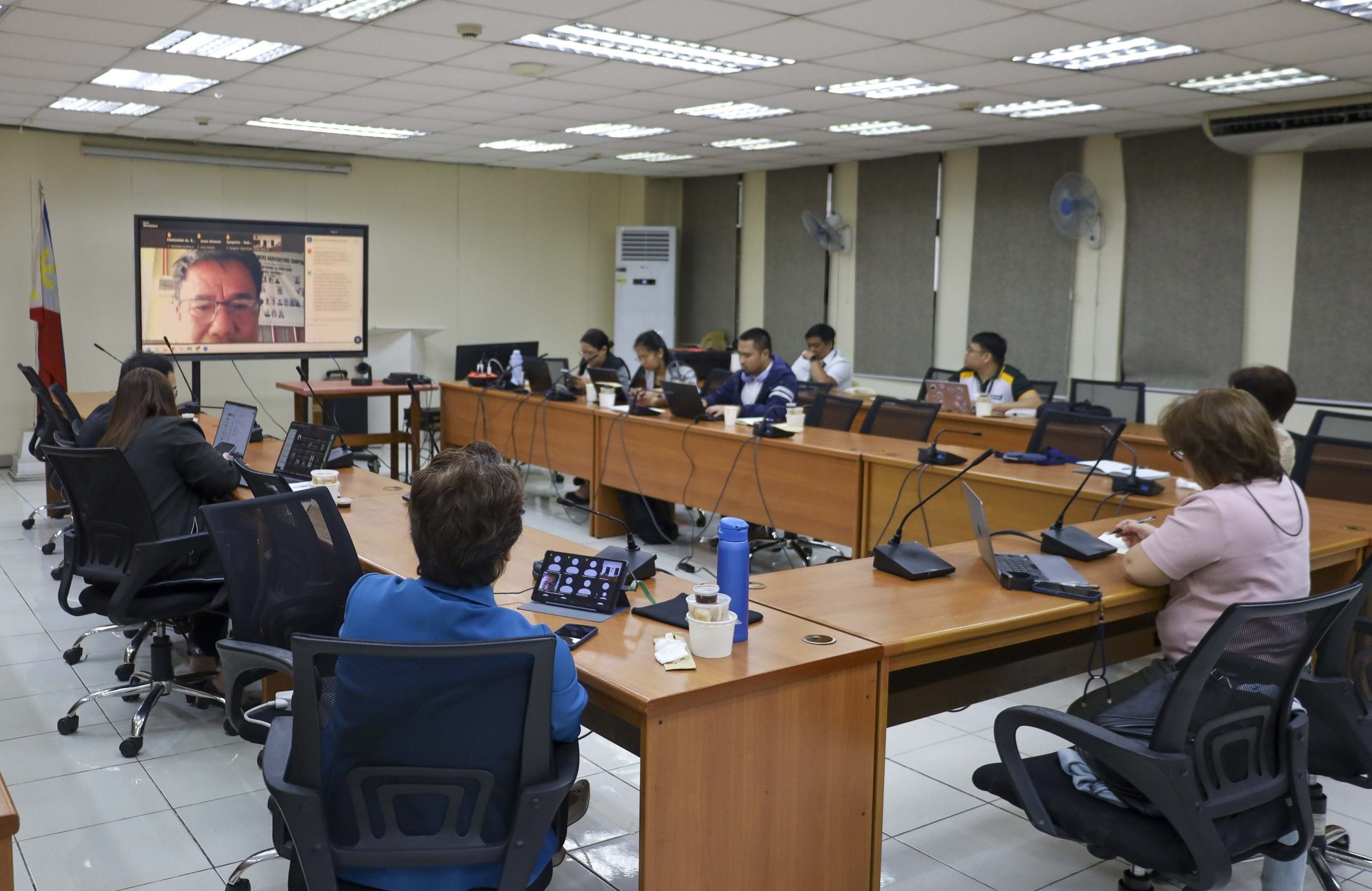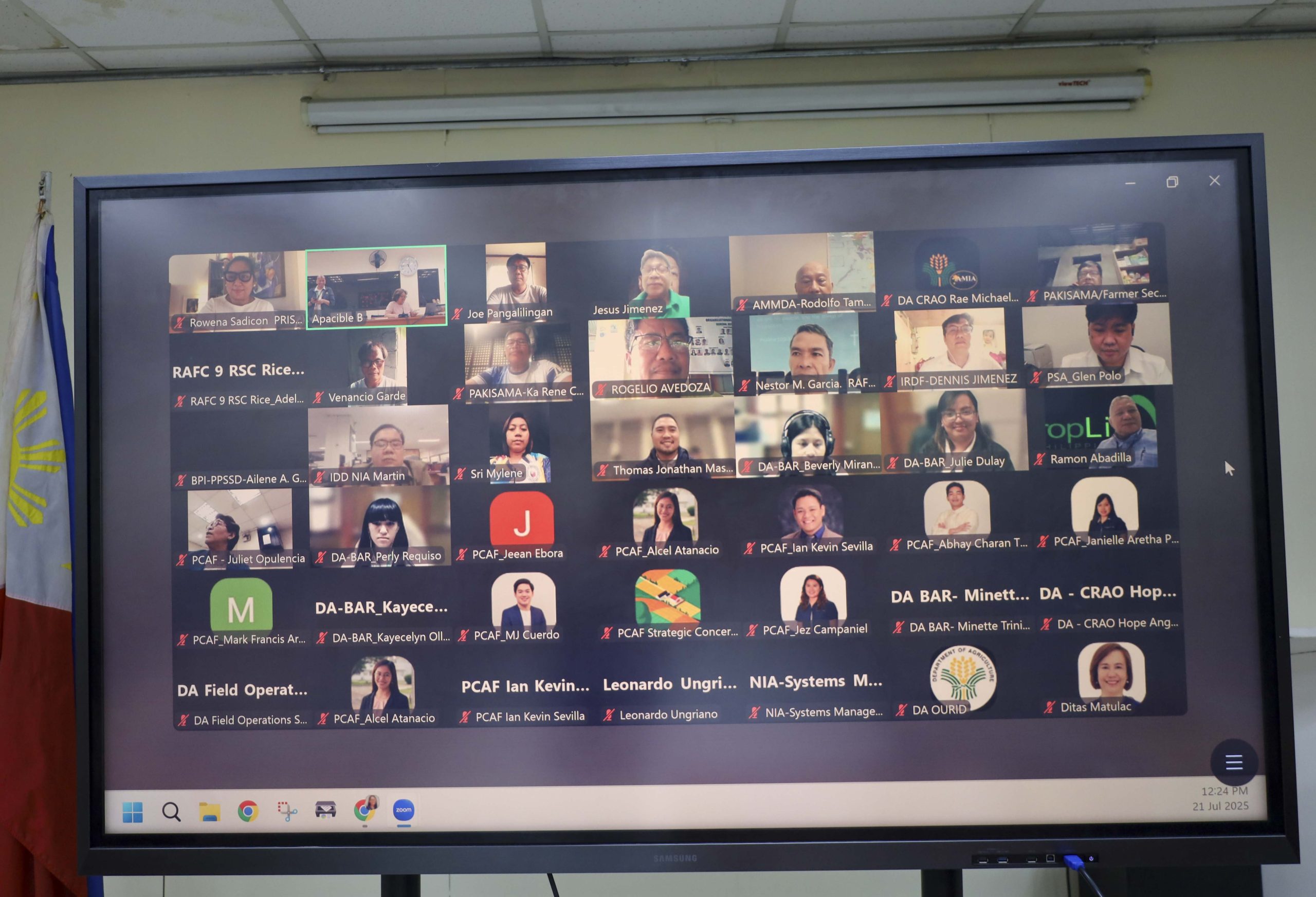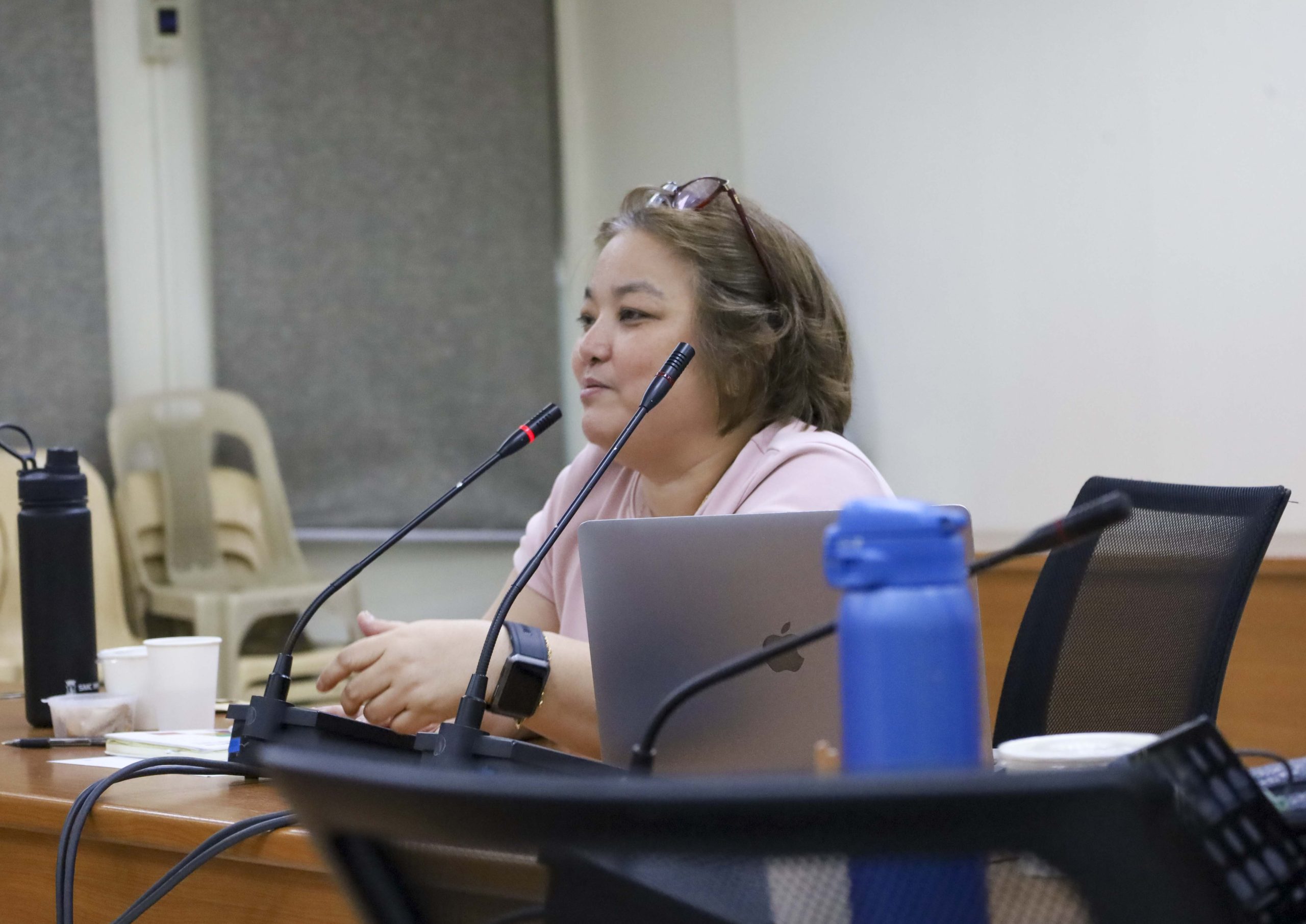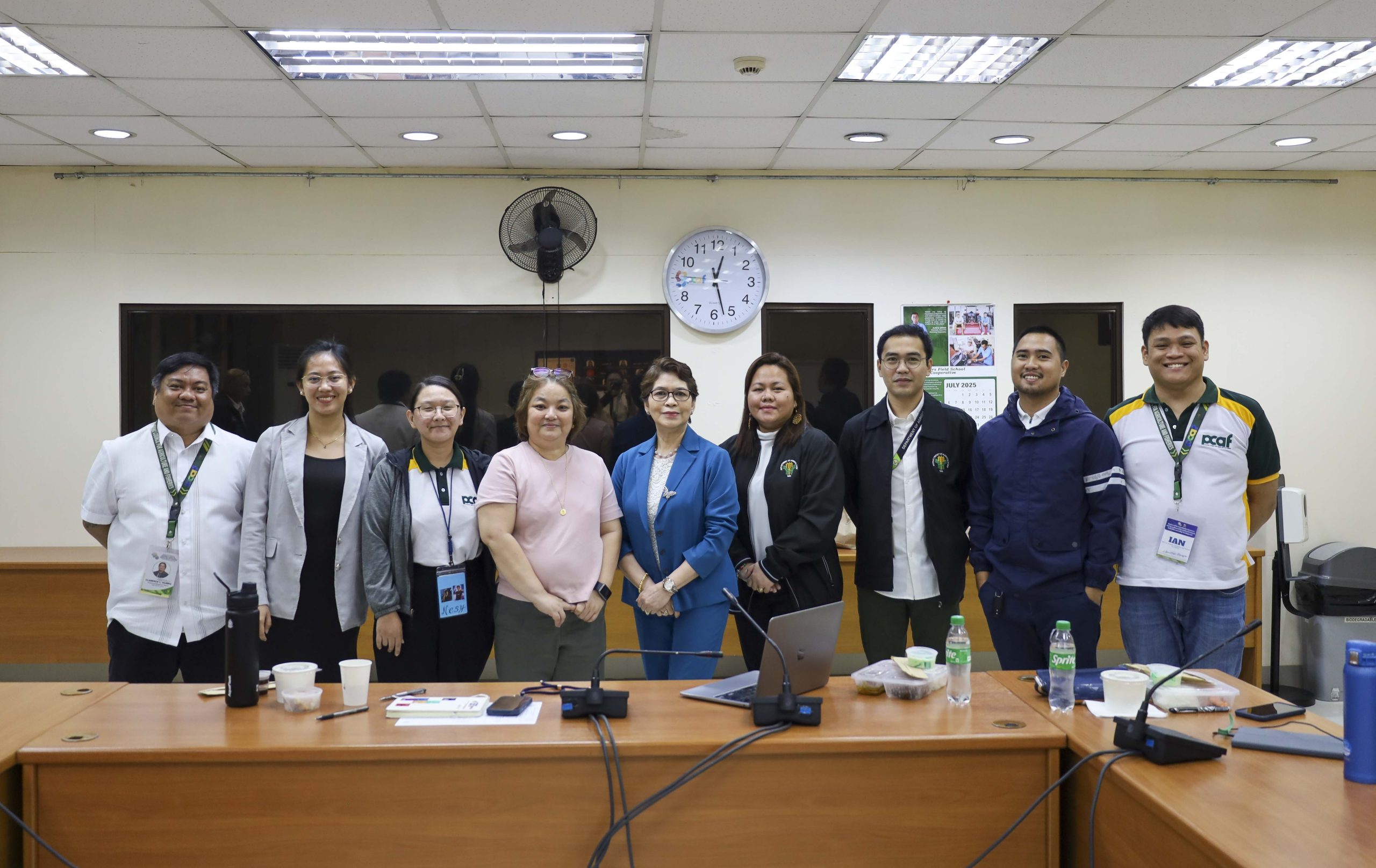
PRESS RELEASE- The National Sectoral Committee on Rice and Other Food Staples (NSC on Rice) called for a special meeting on July 21, 2025, to address the urgent issue of declining palay prices, during which members recommended revisiting and revising the Rice Tariffication Law (RTL).
Among the key proposals are reinstating the rice import tariff from 15% to 35% and redefining the role of the National Food Authority (NFA) to allow conditional market interventions.
Raising the tariff would likely increase the price of imported rice in the country. With the price increase of imported rice, this could protect local rice farmers by making their produce more competitive in terms of price and encourage domestic production.

The RTL or Republic Act 11203, which was enacted in March 2019, aimed to liberalize rice importation by replacing quantitative restrictions with tariffs, aiming to stabilize supply and lower consumer prices.
The special meeting was convened in response to the alarming drop in local palay (unhusked rice) farmgate prices, bringing together key stakeholders to analyze the current market situation and formulate immediate and long-term solutions.
In a presentation of the DA-Philippine Rice Research Institute (PhilRice) on price monitoring data, it highlighted significant declines across various regions. While the official average price for fresh palay hovered around PhP11.50 per kilo, some areas reportedly experienced prices as low as PhP6 per kilo, far below production costs.
The private sector partners from the Committee underscored that rampant rice importation, particularly of cheaper foreign rice, has exerted immense downward pressure on domestic prices, severely impacting the livelihoods of Filipino rice farmers.
Another concern raised was regarding the NFA’s limited market influence and resources due to its reduced mandate under the existing RTL.
Among the recommendations presented by the Committee were to:
- Revisit and revise the Rice Tariffication Law (RTL), including reinstating the 35% rice tariff and restoring the NFA’s mandate to allow conditional market interventions during crises;
- Mandate Government-owned or -Controlled Corporations and Non-Government Agencies to procure local rice through the NFA for employee rice allowances, to ease oversupply and support farmgate prices;
- Invest in community drying, storage, and logistics infrastructure to reduce postharvest losses and improve palay quality
- Expand and decentralize NFA procurement capacity, including mobile buying stations and rural field operations
- Regulate palay traders to ensure fair pricing and prevent market manipulation.


The NSC on Rice emphasized that these measures are critical to provide safety nets for local farmers, enhance the resilience of the domestic rice industry, and ensure food security for the nation. A position paper detailing these proposed revisions and suggestions will be attached for the DA’s consideration. | Jezebel Campaniel
—
PCAF is an attached agency of the Department of Agriculture (DA) that facilitates broad-based participatory development mechanisms and processes by conducting stakeholder consultations and dialogues for policy formulation, and participatory monitoring and tracking of DA programs and projects.











